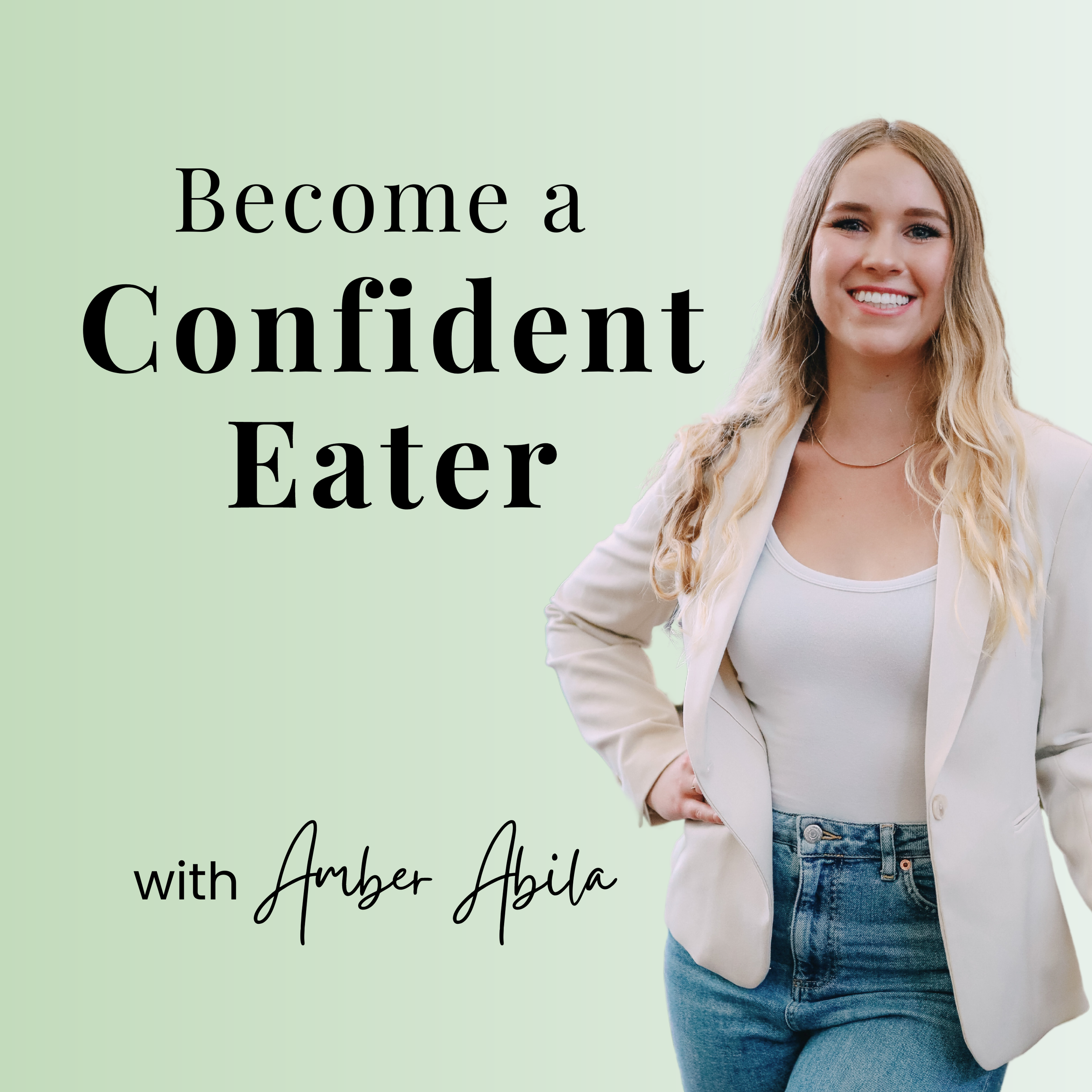Ep 78- Does Hypnosis Work For Binge Eating?
August 07, 2025
Could hypnosis be the answer to stop food addiction, reduce sugar cravings, and finally feel normal around food?
In this episode, I break down the science behind hypnosis, bust common myths, and explain why it works so well for when you “know what to do, but don’t do it” moments around food.
You’ll learn:
What hypnosis actually is (and how it’s different from meditation)
How hypnosis rewires the unconscious beliefs that fuel binge eating
Research-backed stats on hypnosis for food cravings and weight loss
A simple self-hypnosis practice you can try today
What Hypnosis Actually Is
All hypnosis is relaxing your conscious mind enough to access deeper layers of your unconscious brain. It can feel similar to a guided meditation with eyes closed and attention focused, but hypnosis is more direct and targeted to your specific goals.
Meditation is open focus mindfulness, practicing seeing thoughts from a distance. Hypnosis is a very focused state of attention where the unconscious mind is more open to suggestion. You are not asleep. You are awake, aware, and able to recall everything.
Hypnosis can even be conversational. Through intentional language patterns we can change your brain and access your unconscious without lying down.
Everyday Trance States You Already Know
You experience trance when a movie makes you jump or cry even though you know it is not real. Your logical mind softens so you can immerse in the story.
Highway hypnosis happens when you arrive at your destination and realize you do not remember the last stretch of road. Repetition and familiarity allow the unconscious to take the wheel while your conscious mind thinks about something else.
Common Myths About Hypnosis
Myth 1: Hypnosis is mind control
You cannot be made to do anything against your morals or will. You stay in control and can accept or reject any suggestion.
Myth 2: Only gullible people are hypnotized
Strong focus, imagination, and motivation to change often make hypnosis easier.
Myth 3: It will not work on me
Most people are responsive and even those with lower suggestibility benefit, especially when hypnosis is combined with coaching or therapy.
Myth 4: One session fixes everything
Many people experience quick breakthroughs, but lasting change comes from repetition and integration as you rewire deep emotional responses around food.
Why Hypnosis Helps With Binge Eating
An estimated 95 to 97 percent of brain activity is unconscious. Habits, emotions, automatic responses, and long term memory live there. The conscious mind handles only a small slice.
That is why you can know what to do and still not do it. Tips enter the conscious mind, but long standing associations in the unconscious still link binge eating with pleasure, relief, or comfort. The brain repeats what it believes is helpful for survival.
You may carry beliefs like I cannot be trusted with food or once I start I will not stop. These become self fulfilling. Hypnosis helps rewrite those beliefs and change the associations at the root so you can reinforce identities like I listen to my body and I can trust myself around food.
What The Research Suggests
A meta analysis in the Journal of Consulting and Clinical Psychology reported that adding hypnosis to cognitive behavioral therapy more than doubled weight loss outcomes.
A study published in Contemporary Hypnosis found that hypnosis reduced sugar cravings and improved the ability to delay gratification. Functional brain imaging has shown that hypnosis can reduce activity in craving related regions and influence areas involved in self awareness, decision making, and emotional regulation.
A Client Example
In trance a client described her urge as a big red balloon that felt like it could pop any second. We visualized letting the air out until it shrank and disappeared. That image became a cue for her body. During the week she imagined the balloon deflating and her urges softened so she could leave meals energized and satisfied.
Try This Simple Self Hypnosis Practice
Sit somewhere quiet. Close your eyes. Slowly count down from ten to one, letting each number fade away in your mind. Imagine a safe, calm place like a beach or a favorite chair. Offer yourself believable suggestions such as
I can have this food later if I want it
Every day I am learning how to listen to hunger and fullness
It is possible for me to feel calm around food
Breathe deeply. When you are ready, count up from one to ten and open your eyes. Even one to five minutes can begin to rewire automatic responses because your brain is more neuroplastic in hypnotic states. You can record your own voice speaking suggestions that truly resonate with you.
A powerful journal prompt to explore is What part of me might be afraid to change and why.
Final Thoughts
Hypnosis is not magic and it is not mind control. It is a focused way to reach the part of your brain that runs your habits so you can update old programs. Combined with practical tools from cognitive behavioral therapy, it becomes a clear path to feeling normal with food.
Ready To Rewire Your Relationship With Food
If you are tired of knowing what to do and not doing it, I can help. Inside the Confident Eater Program we meet each week for personalized sessions, you get unlimited text and voice support, and you receive my daily eating hypnosis audio along with the full course. We work directly with the 95 percent of your mind that has been running the show so you can build trust with food, quiet cravings, and feel like a natural eater again.
